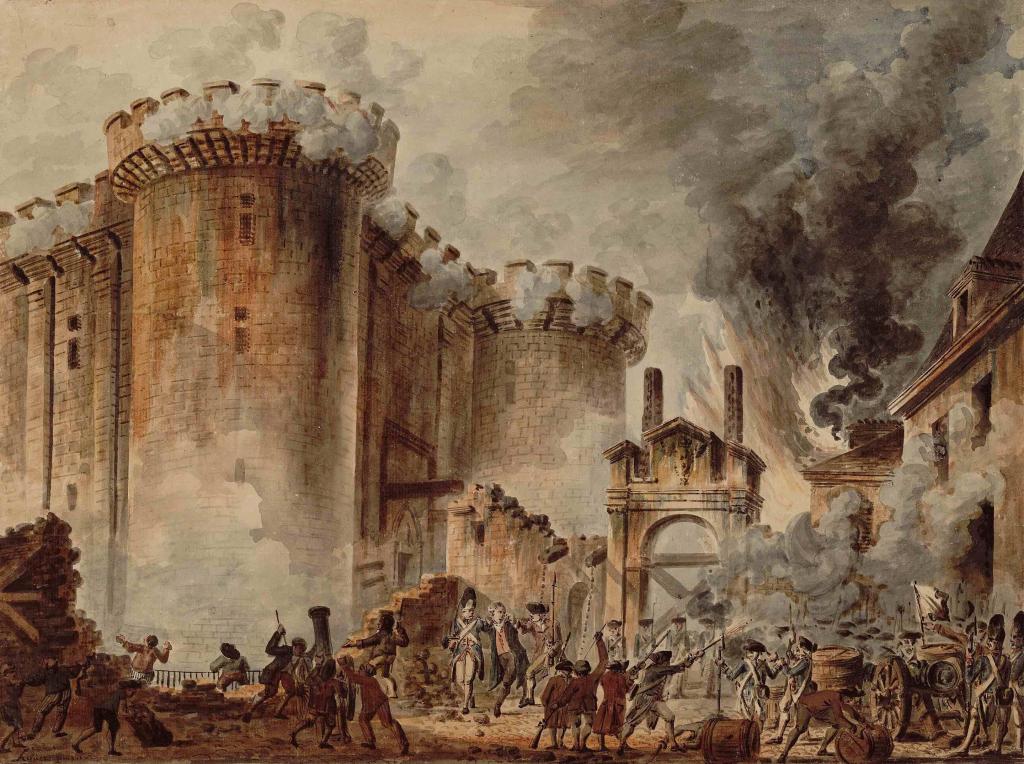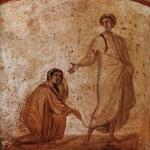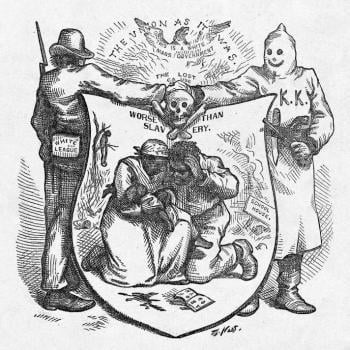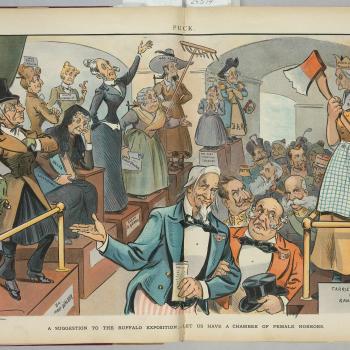This post concerns an academic issue that might seem, well, academic, but it does get to much larger issues about the nature of teaching and conveying knowledge. Briefly there are lots of possible ways of examining and assessing people’s knowledge of a topic, and there is much to be said for making those questions as wide-ranging and, sometimes, as bizarre as possible.
Through the years, I have been heavily involved in US graduate education, and have often set Comprehensive exams for students. Repeatedly, I have been surprised and (dare I say) depressed by the standard format that is expected of such questions, and the gruesome detail into which they can enter. The questions are almost essays in themselves. A typical question might include five or six sentences, telling the student to discuss this particular topic; the student should be careful to consider this or that angle of the topic; the student should consider this debate, or point of controversy, and must infallibly consider the role of this or that person. How would the student assess X or Y? The whole thing is spelled out very precisely – agonizingly so.
I come from a different British tradition, or at least from what it was many millennia ago, when I was an undergraduate at Cambridge University in the 1970s. To understand just how different the format of that questioning was in that era, here is an actual question from the Final Exams for Part One of the undergraduate History Tripos, c.1972, full and complete text:
The French Revolution: Animal, Vegetable, or Mineral?
That fascinated me at the time, and still does. Beyond its general use as a way of classifying the material world, the phrase Animal, Vegetable, or Mineral? referred to a popular game show of the time.
If I gave that as a Comprehensive exam question today, we would expect heart failure. We would also expect an immediate response: is this question a joke? And no, it is not. Like the best questions in that tradition, it forces the student to think creatively about what exactly it means. You might for instance answer that interpretations of that Revolution have been so radically diverse as to be worthy of a guessing game like Animal, Vegetable, or Mineral?, and you would get into the historiography.
Alternatively, there is another and (I would suggest) much better answer. To understand the French Revolution, then of course we need to appreciate the role of human beings and human decision-making – that is, of the Animal dimension. That might also mean looking at the critical state of agriculture, and of the animals on which farms depended. But crucially too, we would need to know the environmental and biological dimensions at a time of severe weather, crop failure, and famine – the Vegetable. And underlying the whole story is the geology that creates such very different regions of France, rich and poor: that is, the Mineral component. What is history but Geology teaching by examples?
Once you have expounded all that, and ventured your opinion as to which of the three factors took precedence, then you have written a pretty good and wide-ranging account of the Revolution, have you not? The question does a wonderful job of forcing a candidate to think on his or her feet.
Also, there is no correct answer. If the student comes up with an altogether different answer that somehow touched on Animal, Vegetable, or Mineral?, but in ways I as an examiner had not thought of, then that candidate is en route to an immediate A+, or what at Cambridge was a First Class degree.
Another question I found intriguing was from the Cambridge entrance exam of that era, which was
Discuss the Origins of the Third World War.
Now, non-historians may need to be reminded that such a conflict had not actually occurred at that point, so what the Hell was the question all about? The point being that it was totally up to the student to build an answer. It was your choice. You could look at factors in the contemporary world that seemed inexorably to be leading towards such a global conflict; or you could make the bold claim that the world was actually and presently in a state of undeclared world war, arising from (say) the Vietnam War. Or you could do what I actually did at the time, which was to write a fictional narrative of the events leading to such an outbreak, effectively writing a science fiction story, with invented characters and incidents. (It must have worked somehow: I did get in). Again, there is no correct answer.
You see what I mean: it is a totally different way of teaching, and of examining. Not for a second am I suggesting that that kind of approach was necessarily superior to the modern American version, but it should make us think about what we are trying to accomplish in such settings. Which is why, even when I am setting US-style questions, mine tend to be very short by prevailing community standards, and offer as much wiggle room as possible for students to hare off on their own interpretations. Extra points are awarded for creative weirdness.
I have a huge respect for what John Keats called the “Negative Capability, that is, when a man [or woman, obviously] is capable of being in uncertainties, mysteries, doubts, without any irritable reaching after fact and reason.”
One day, I would dearly love to ask a variant of that Animal, Vegetable, or Mineral? question. Will I ever dare? The only thing is that I should probably adapt to American TV programs and memes. I offer the following semi-seriously:
The French Revolution: Was the Price Right?
or
The Enlightenment: Did They Phrase Their Answers In The Form Of A Question?
However jokey they may sound, either would offer the platform for a really interesting exploration, in the hands of an intelligent writer, and finding such writers is surely what this whole examination process should be about. The main principle remains: Simplify, then add lightness. Which is actually pretty good advice for writing generally.
ADDENDUM: A learned colleague points out that such devious questions are as close as you’ll get as an infallible means of detecting and defeating ChatGPT. She’s right.














